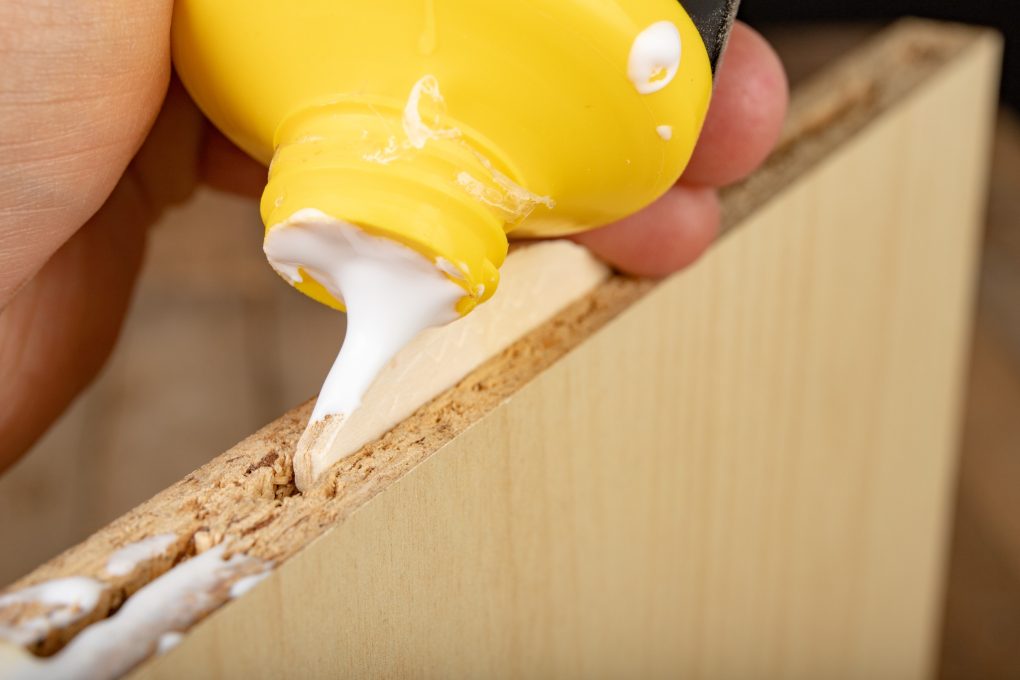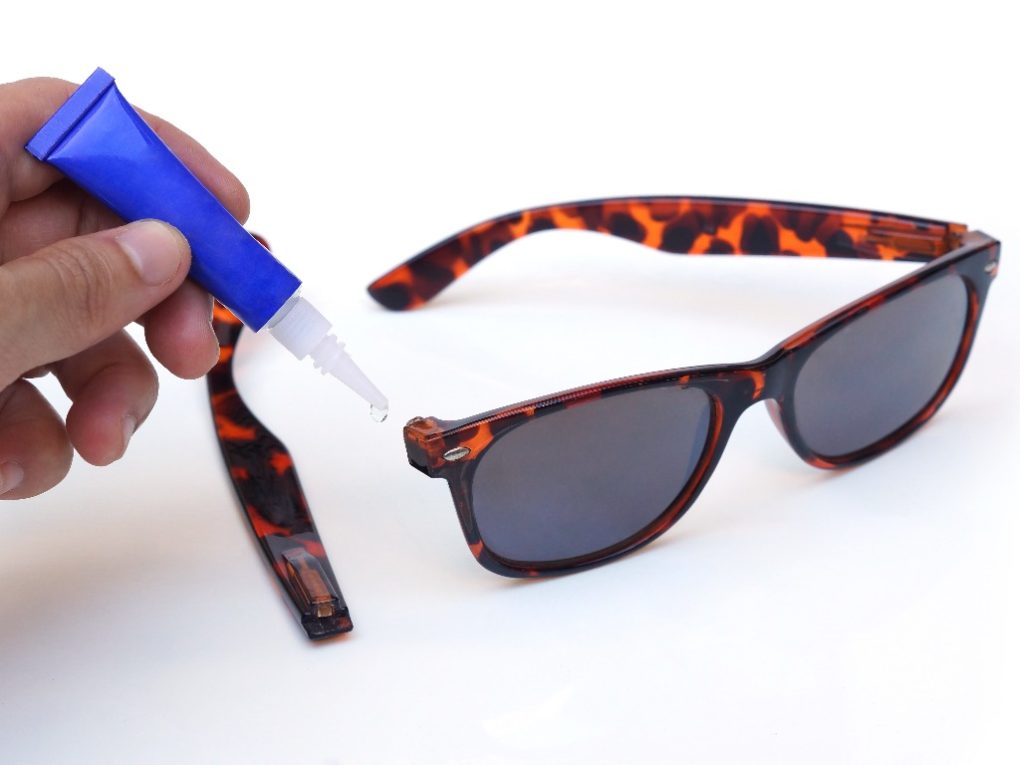That’s a tricky one! generally, moast glues aren’t good conductors of electricity. They’re usually made of non-metallic stuff without freely moving electrons. But, ther are special conductive glues made for electrical jobs. These have metal bits or special polymers that let electricity pass through.

It might sound odd, but glues vary greatly in electrical conductivity. Certain glues are engineered to conduct electricity effectively. Others are not designed for this purpose. A glue’s electrical conductivity hinges on its ingredients and overall makeup.
Defining Conductivity
Lehigh University defines conductivity as a material’s capacity to transmit electricity. This physical attribute quantifies the ease wiht which electrons move through a substance.Highly conductive materials facilitate electron flow,whereas poorly conductive materials impede it.
Conductivity is expressed in Siemens per meter (S/m) or ohms per meter (Ω/m). Highly conductive materials exhibit low resistance. Conversely, materials with low conductivity show high resistance. Resistance quantifies a material’s opposition to electric current flow.
Materials like copper and aluminum conduct electricity well.This is because they contain numerous free electrons.These electrons easily move through the substance. Conversely, non-metals like rubber and plastic are poor conductors. They possess fewer free electrons and offer important resistance to electric current flow.
Factors Affecting Conductivity of Glue
For connecting electrical parts, conductive glue offers a compelling option to soldering, especially where good conductivity matters. However, several factors can influence how well the glue conducts electricity. These include the specific type of glue, any added materials, temperature, and even the surrounding humidity.
Types of Glue
My tests reveal that glue conductivity varies significantly. Cyanoacrylate glues (like super glue) possess plasticizers and cyanoacrylates, akin to water, enabling electrical conduction. Conversely, epoxy glues act as insulators, hindering electricity flow. Selecting the appropriate glue type is thus crucial for specific applications.

Additives and Fillers
certain electrically conductive adhesives, like those using silver or carbon, incorporate additives to boost conductivity. These additives establish a conductive pathway between electrical parts. The quantity and nature of these fillers influence the adhesive’s conductivity. Excessive filler can decrease flexibility, while insufficient filler might limit conductivity.
Temperature and Humidity
Glue conductivity is sensitive to temperature and humidity. High heat can lead to rapid drying, diminishing conductivity. Conversely, cold temperatures can delay curing, also impacting conductivity.High humidity can cause moisture absorption, altering the glue’s electrical properties and affecting its conductivity.
When selecting and applying electrically conductive adhesive for electronics, remember these key aspects. Knowing thier impact on conductivity helps guarantee the glue delivers the required electrical performance for your specific use in 2025.
Testing the Conductivity of Glue
Equipment Needed
To test glue’s conductivity, you’ll need specific tools. Here’s a list of the necesary equipment:
Procedure
Here’s a guide on checking glue’s electrical conductivity:
Redo the previous steps using various glue types. Then, compare their electrical conductivity.
It’s crucial to understand that most glues don’t conduct electricity. Only specific types possess conductive qualities, and even those are weak conductors compared to metals. Thus,using glue as a replacement for soldering or other methods requiring strong electrical conductivity isn’t advisable.
Applications of Conductive Glue
Electronics
Conductive adhesive is now a favored option in electronics, often replacing soldering. It’s especially helpful for attaching parts to PCBs, preventing them from detaching during soldering. this glue also bonds wires and fixes broken PCB pathways.
heating
Conductive adhesives offer unique solutions for heating challenges where conventional methods fall short. Imagine bonding heating elements directly to surfaces, establishing electrical pathways to power sources. Conductive glue shines in tight spaces, delivering efficient heat transfer with minimal submission.
Sensors
Conductive adhesive establishes electrical pathways between sensors and components. It excels at securing sensors to surfaces where standard mounting is impractical. This glue also repairs broken sensor links and enables unique sensor configurations.
